Foreign ministry warns against travel to Turkey
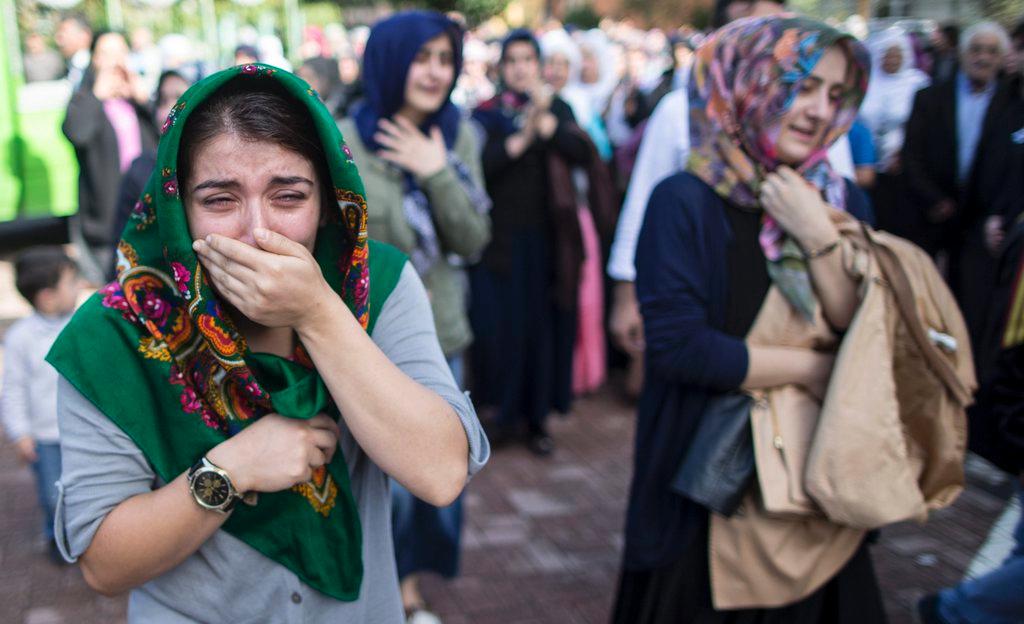
The Swiss foreign ministry has updated its travel advice to Turkey, advising tourists against going to certain regions, following Saturday’s suicide bombings in Ankara which killed at least 97 people at a political rally.
It warned further attacks could occur across the country and potentially violent demonstrations were also possible in cities of a certain size, in regions near the Syrian border and even in the tourist region near Antalya on the southwest coast.
In addition, landmines could also pose a danger in certain regions, it wrote on its website on Monday.
“Stay away from crowds and large gatherings and any sort of demonstration,” it advised. “Follow instructions given by local security forces (such as no-go zones) and stay in touch with your tour operator. Vigilance and common sense must be applied.”
The foreign ministry advised against non-urgent travel to the following regions: Hatay, Kilis, Gaziantep, Sanliurfa, Diyarbakir, Mardin, Batman, Bitlis Siirt, Sirnak, Hakkari Van, Agri and Igdir. It advised against all journeys to regions bordering Syria and Iraq.
Calls for more democracy
On Monday, Turkey’s government said Islamic State was the prime suspect in suicide bombings that killed at least 97 people in Ankara, but opponents vented anger at President Tayyip Erdogan at funerals, universities and courthouses.
Prime Minister Ahmet Davutoglu said Saturday’s bombing, the worst of its kind on Turkish soil, was intended to influence the outcome of November polls Erdogan hopes will restore the AK party he founded to an overall parliamentary majority. There is no question of postponing the vote, officials have said.
The rally on Saturday was organised by Turkish and Kurdish activists to call for increased democracy and an end to the renewed fighting between Turkey’s security forces and the Kurdistan Workers Party (PKK) militants in the southeast that has killed hundreds since July.
Opponents of Erdogan, who has led the country for 13 years, blame him for the attack, accusing the state at best of intelligence failings and at worst of complicity by stirring up nationalist, anti-Kurdish sentiment.
The government, facing a growing Kurdish conflict at home and the spill-over of war in Syria, denies such accusations.

In compliance with the JTI standards
More: SWI swissinfo.ch certified by the Journalism Trust Initiative
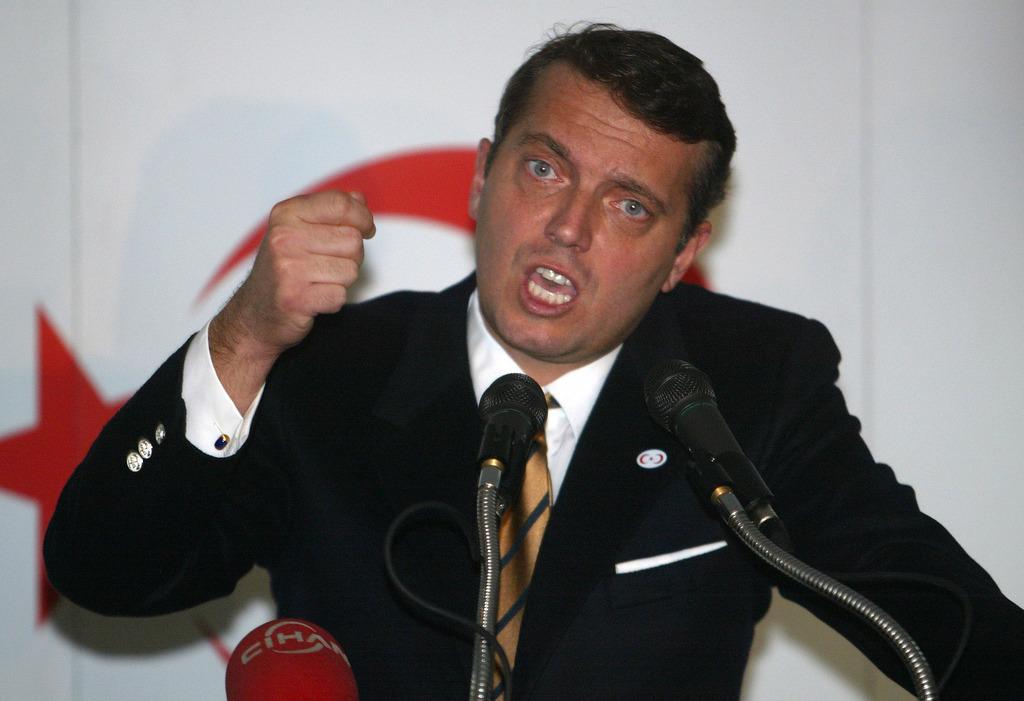

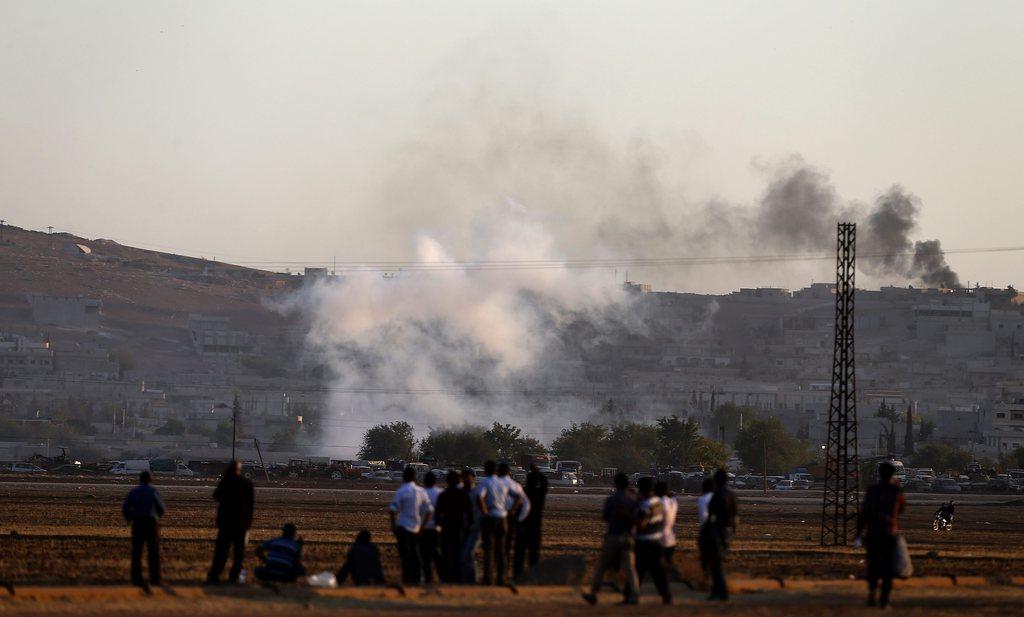
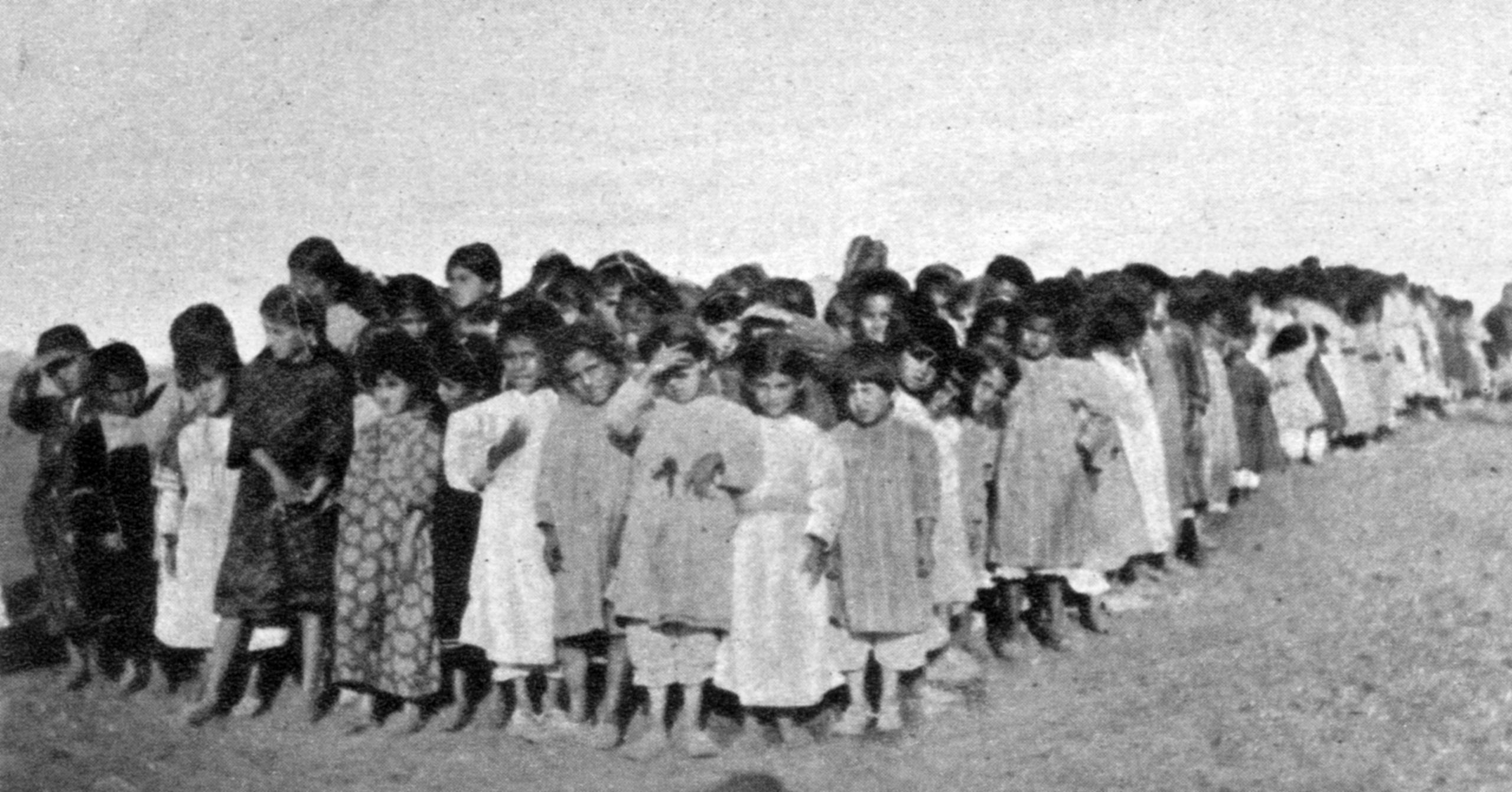
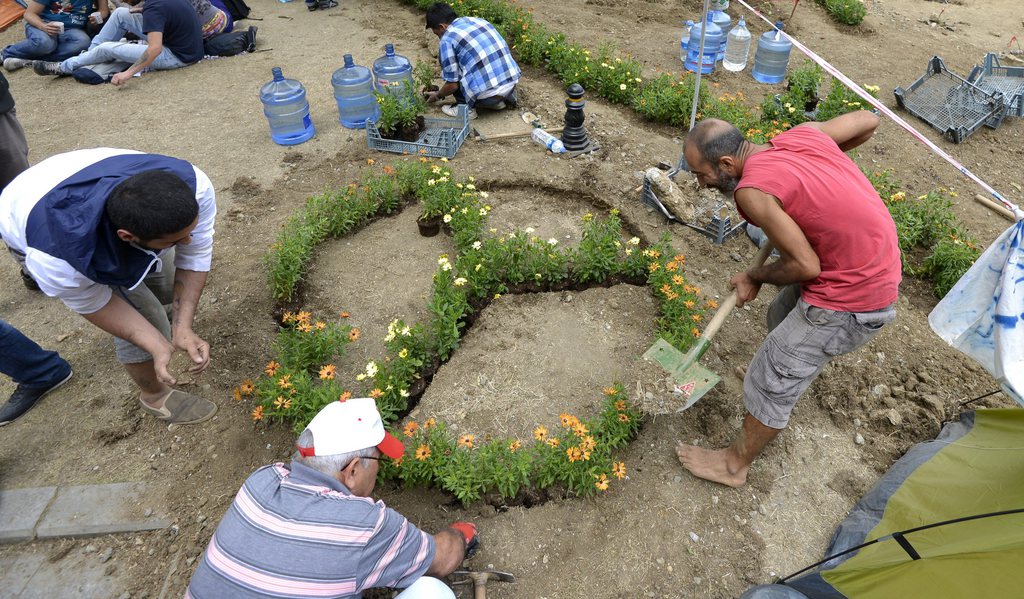
You can find an overview of ongoing debates with our journalists here. Please join us!
If you want to start a conversation about a topic raised in this article or want to report factual errors, email us at english@swissinfo.ch.